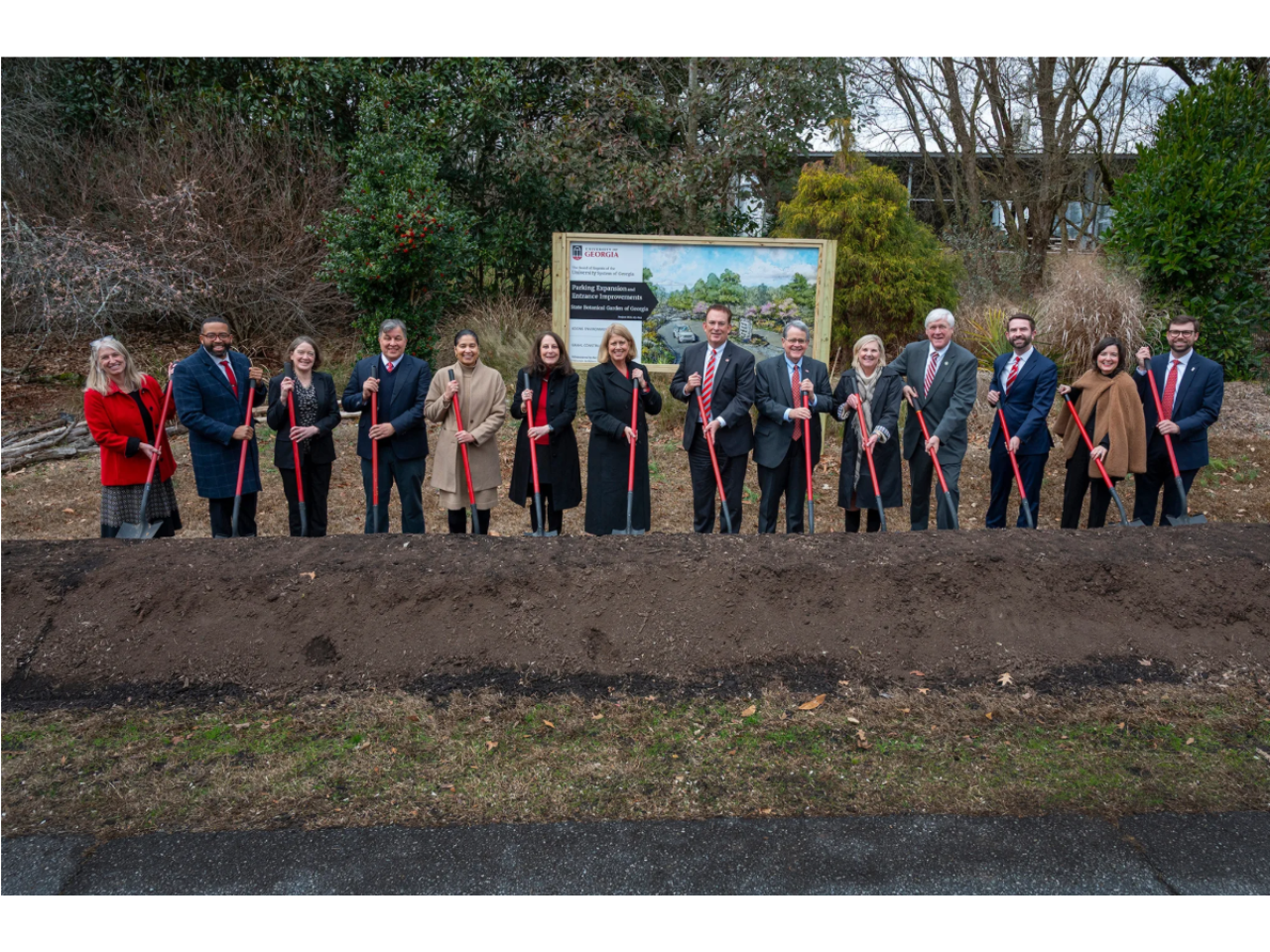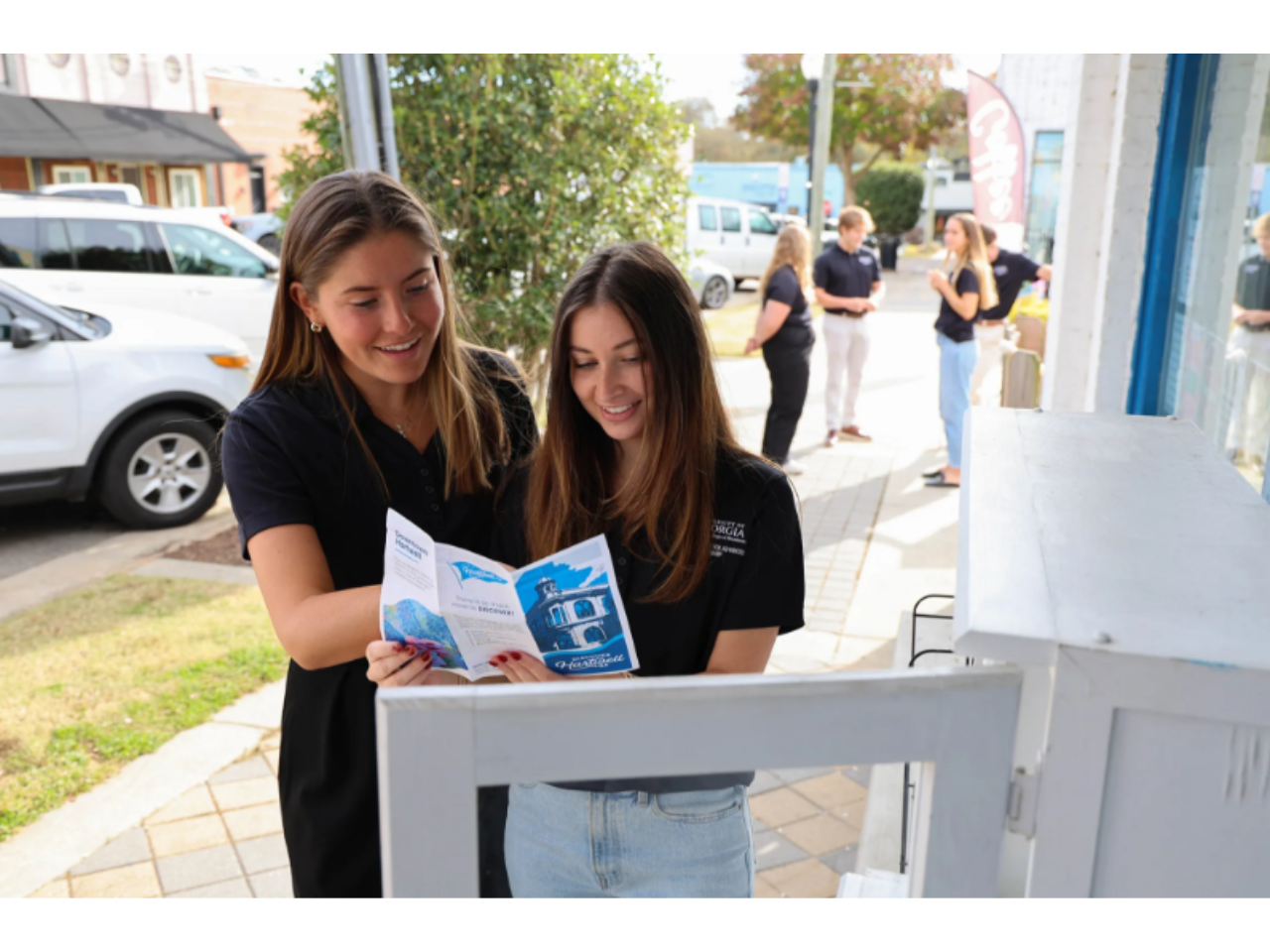The Office of Government Relations (OGR) serves as the primary point of contact between the University of Georgia and local, state, and federal government offices and legislative bodies. OGR is responsible for ensuring that the University complies with state and federal disclosure requirements set forth in the Federal Lobbying Disclosure Act of 1995 and the Georgia Ethics in Government Act, and that the institutional priorities and views of the University are clearly and effectively communicated to elected officials.
Procedure for Interacting with Elected Officials
For these reasons, when interacting with elected officials or staff on behalf of the University, all UGA employees should notify the Office of Government Relations. Interacting with elected officials or staff includes, but is not limited to, meeting with elected officials or staff to discuss funding for University research; meeting with officials or staff while attending association conferences; and inviting officials or staff to campus.






